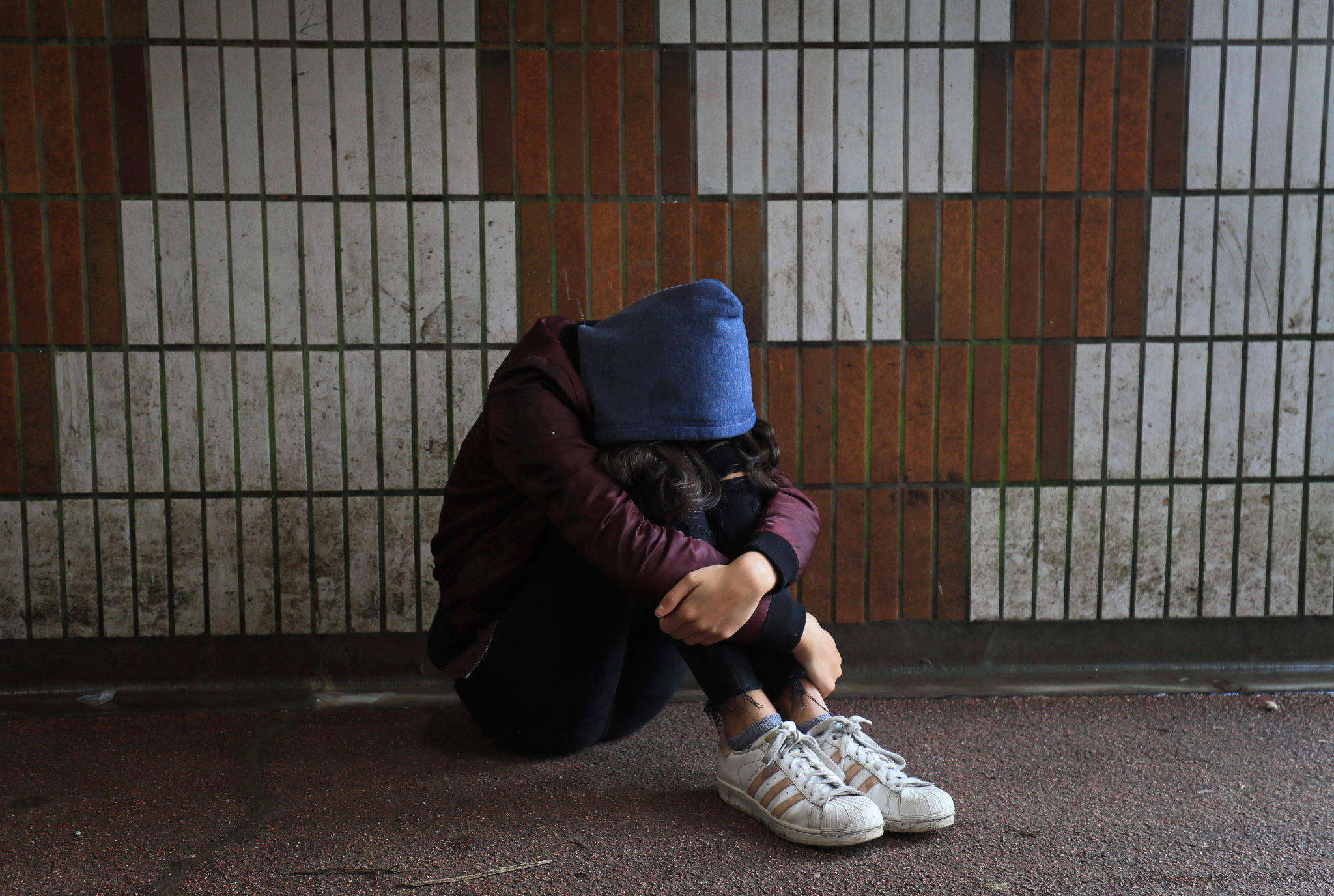On this week's 'Parenting' segment on the Moncrieff show, one listener sought advice on what to do after their teenager took their car at night and drove it around the local estate.
Joanna Fortune, a psychotherapist specialising in child and adult psychotherapy, offered some guidance.
Listener question
My daughter is 14 and has been really testing the boundaries as of late. Smoking, drinking and her latest was taking the car keys when we were in bed and taking the car for a spin around the estate.
I mean, all the things that could have happened have been keeping me awake at night ever since. My husband and I certainly never showed her how to drive nor has her older brother who has a license.
Needless to say, we are so angry with her and apart from her safety being put at risk, we have explained that she could have killed someone else and she is so lucky nothing terrible happened.
I'm not sure she is listening to what we're saying. She has apologised but I don't think she knows what a dangerous thing she's done.
I have an idea my husband isn't sure of and that's to ask a local Garda to talk to her about it and explain how dangerous and careless it was. I think she needs to hear how serious her actions are from someone who isn't her father or I. Is that a bad idea?
We no longer keep our keys in the usual place because I don't trust her not to try this again.
Joanna Fortune's advice
"I think the last line is where the crux of this lies. That breach of trust is where you need to focus on. Whether or not you have a local Garda talk to her, I really think that's your call to make, I don't know enough about her. I think with children of a certain age, that can be really effective but I don't like using the Gards as a source of fear because I don't think that's their role and I don't want young children afraid of them, I like them knowing they're safe people if they get separated from their parents or something bad happened then they're who you go to for health and assistance.
"I wonder with the routine and the pattern of behaviour is she a little bit beyond being intimidated by the Gard? Is she a little bit going, 'Yeah my parents brought you in to frighten me, good job, well done,' and then keep going? I would give that a little bit more hope about what you're hoping to achieve from it and then link it to her.
"The one thing jumping out is you say she's testing boundaries. If you had ended the story there I would be saying yes, because she's 14 and all 14-year-olds, all teenagers, test boundaries because it's part of their developmental goals, they have to do it. Part of those adjustments that they go through in adolescence is testing defined boundaries, separating, individuating, and experimenting and trying out new tastes, new friends.
 File photo. Credit: Gareth Fuller/PA Wire
File photo. Credit: Gareth Fuller/PA Wire"All of that is challenging as parents but normal development for teenagers. You talk about her smoking and drinking as examples of that, and not to dismiss the seriousness of that because smoking and drinking has serious consequences potentially for teenagers, and it's something we would want to look at, but she wouldn't be alone in that.
"But you jump here from smoking, drinking, her latest stunt is actually stealing the car and taking it for a drive late at night. There's no link to the drinking here so I'm assuming she wasn't actually drinking and doing that, if she was, that's much more serious again. But that's quite a leap, smoking, drinking and then stealing a car. That escalation in behaviour is beyond pushing boundaries now, it's pushing boundaries teetering on that delinquent behaviour.
"At some point, I do think you need to come down and get this under control as best you can, as quick as you can, because I wouldn't like to see her escalating further beyond this point, what's next, what else could she do. You say she apologised but you don't think she realises how dangerous it was. From the youngest age, we condition our children to say sorry, but it takes a much longer time for them to mean sorry.
 Image by StockSnap from Pixabay
Image by StockSnap from Pixabay"Then in adolescence, they can lose that again, because they're not really sorry. Actually, I think you should go back to her on this because the trust is the key piece and when you do it, name the behaviour as serious and you're taking it seriously as a result. I would also ask her to describe for you, in as much detail as possible, exactly what happened in sequence. She's going to rush to go, 'Oh I wasn't thinking' and shut down the conversation, you want to slow it down and asked her to tell you what was going on before the event, before she took the keys.
"During, starting the car, taking it out of the driveway, what was she thinking and feeling and immediately afterwards when she got the car back, and later when she realised she had been caught or when she thought about it before being caught. You want to really emphasise and draw on what she was thinking in each moment, what was she feeling at each stage.
"Really take your time with it because you're trying to get her deeper into what was motivating her, did she get any inclination of an 'uh-oh' feeling along the way and what might she have done differently. Once you get that from her, say, 'OK, I've heard you', you can even reflect back on what you heard her say, and then add, 'Now I'm going to tell you the story, but from my point of view'.
"You tell her the same story but expressing how fearful you were when you discovered this, how worried you were, the potential consequences. you do want to condemn the behaviour in the clearest terms, that what she did was wrong, no matter what anyone, herself included, thinks about it, that there could have been a victim to this and if fact there was because she took something that didn't belong to her, she took your car.
 Image by StockSnap from Pixabay
Image by StockSnap from Pixabay"So you want to talk about how part of your role is to uphold rules, boundaries, and she might not like that but that's part of your job and you also take that seriously and talk about how you feel about it. Emphasise that it doesn't change how you feel about her, that you love her and your love is constant and you want to emphasise that, but you are hurt, let down, shocked, incredulous, whatever comes to you, and you've been disrespected.
"Be authentic, don't use words you don't mean, just pick the ones that really describe how you feel and then reflect on what it's like to not fully trust your won child and how this trust has to be repaired between you and you're prepared to work towards it and you wonder if she is too.
"Then talk about how trust is a really important part of relationships and that it will take time to repair it. You're emphasising to her that this isn't the click of a lightswitch, going, 'You did wrong, you said you're sorry, we're over it,' that this takes time to repair because that's an important life lesson for her as well. You're trying to do this with and for her because I would be worried about where she's going to go next with her behaviour."









